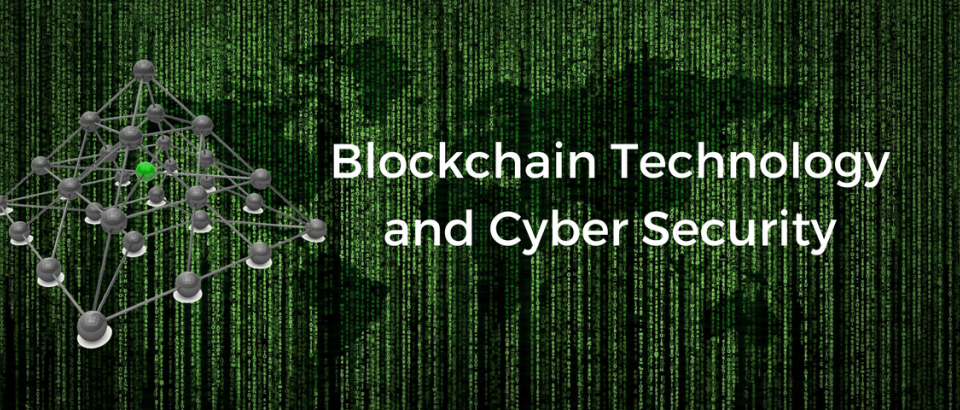A Guide to Ethical Hacking for Beginners
Ethical hacking, also known as penetration testing or white-hat hacking, plays a crucial role in protecting digital systems and networks. As cyber threats continue to rise, companies are increasingly investing in ethical hackers to test and secure their infrastructure. If you’re curious about how to get started in ethical hacking, this beginner-friendly guide will walk you through the essentials, skills, and steps needed to enter the field.
What is Ethical Hacking?
Ethical hacking involves legally breaking into computers and devices to test an organization’s defenses. Unlike malicious hackers, ethical hackers have permission to probe systems and identify vulnerabilities before bad actors can exploit them. Their goal is to strengthen security by exposing weaknesses in software, hardware, and network configurations.
Why Ethical Hacking Matters
In an era of data breaches and cyberattacks, ethical hackers are a critical line of defense. They help organizations:
Prevent unauthorized access to sensitive information
Identify and patch security holes
Comply with industry regulations
Build trust with customers by ensuring system safety
Ethical hacking helps businesses stay proactive rather than reactive when it comes to cybersecurity.
Core Skills Required for Ethical Hacking
To become a successful ethical hacker, you need a solid foundation in both technical knowledge and problem-solving skills. Here are the key areas to focus on:
1. Networking Skills
Understanding how networks operate is essential. Learn about TCP/IP, DNS, firewalls, routers, switches, and network protocols.
2. Operating Systems
Linux is widely used in ethical hacking. Familiarize yourself with distributions like Kali Linux, which comes pre-installed with popular security tools.
3. Programming Knowledge
Languages like Python, JavaScript, and Bash scripting are commonly used for writing scripts and exploiting vulnerabilities.
4. Security Concepts
Learn about encryption, authentication, session hijacking, malware types, phishing, and common attack vectors.
5. Tools and Frameworks
Popular ethical hacking tools include Nmap (network scanning), Metasploit (penetration testing), Burp Suite (web vulnerability testing), Wireshark (packet analysis), and John the Ripper (password cracking).
Steps to Get Started in Ethical Hacking
1. Learn the Basics of IT and Networking
Start with certifications like CompTIA A+ and Network+ to build your foundational knowledge.
2. Get Comfortable with Linux
Install a Linux distribution or use a virtual machine to practice commands and security tasks.
3. Study Cybersecurity Fundamentals
Take online courses or tutorials focused on cybersecurity principles, ethical hacking, and digital forensics.
4. Practice in Safe Environments
Use platforms like Hack The Box, TryHackMe, and OverTheWire to legally test your skills in controlled settings.
5. Earn a Certification
Certifications like CEH (Certified Ethical Hacker), OSCP (Offensive Security Certified Professional), and CompTIA Security+ validate your skills and improve job prospects.
Legal and Ethical Considerations
As an ethical hacker, it’s vital to follow the law and always have written permission before testing any system. Hacking without authorization is illegal and can lead to serious consequences. Ethical hackers follow a strict code of conduct and are committed to protecting data, systems, and user privacy.
Career Opportunities in Ethical Hacking
The demand for cybersecurity professionals is at an all-time high. Ethical hackers can work in various roles including:
Penetration Tester
Security Analyst
Vulnerability Assessor
Information Security Consultant
Red Team Specialist
Organizations in finance, healthcare, government, and tech are constantly hiring ethical hackers to safeguard their infrastructure.
Final Thoughts
Ethical hacking is a rewarding and impactful career path for those passionate about cybersecurity and problem-solving. By learning the right skills, using legal tools, and gaining certifications, beginners can start their journey toward becoming cybersecurity defenders. Continuous learning and hands-on practice are key to staying sharp in this fast-evolving field.



